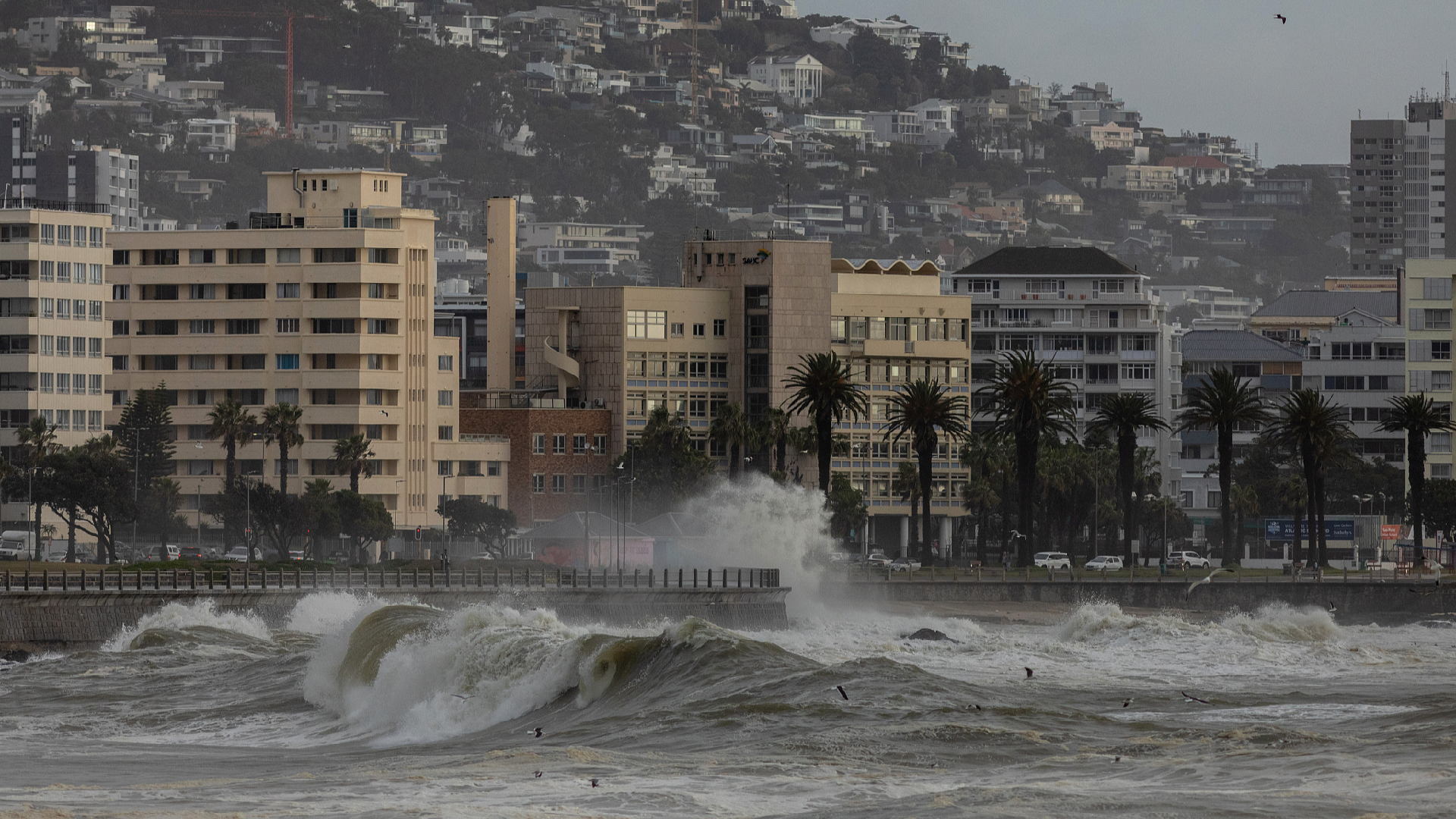Record Rainfall Hits Cape Town, South Africa in July
Cape Town, South Africa, experienced unprecedented rainfall in July, setting new records for the month. The unusual weather patterns have drawn attention as residents cope with the impacts of such extreme conditions.

"July 2024 saw record-breaking rainfall totals in some areas of the southwestern parts of South Africa, following a slow start to the winter rainfall season," according to a statement released by the South African Weather Service (SAWS) on Monday.
The pattern of precipitation began to shift in June when the rainfall was significantly below average, aligning with predictions of a drier winter. This trend reversed dramatically in July with the arrival of several cold fronts, which brought with them not only significant rainfall but also severe weather episodes.
The Cape Town City weather station documented an impressive 317.6 millimeters of rainfall in July, which starkly contrasts with the month’s long-term average of 128.0 millimeters. Additionally, the Cape Town International Airport weather station marked its highest monthly rainfall since opening in July 1956, with amounts surging to more than three times the typical July average.
Further assessments by the SAWS of other local weather stations managed by the Cape Town Weather Office also showed exceedingly high rainfall figures for July, with many stations breaking records that had stood for many years.
The agency also reported significant widespread damage across the Western Cape Province where Cape Town is situated, starting from the onset of the month.
Local media have reported that the South African government is currently initiating plans for a climate response fund aimed at strengthening infrastructure resilience against extreme weather events and repairing damaged roads and bridges.
Camille Lefevre for TROIB News












